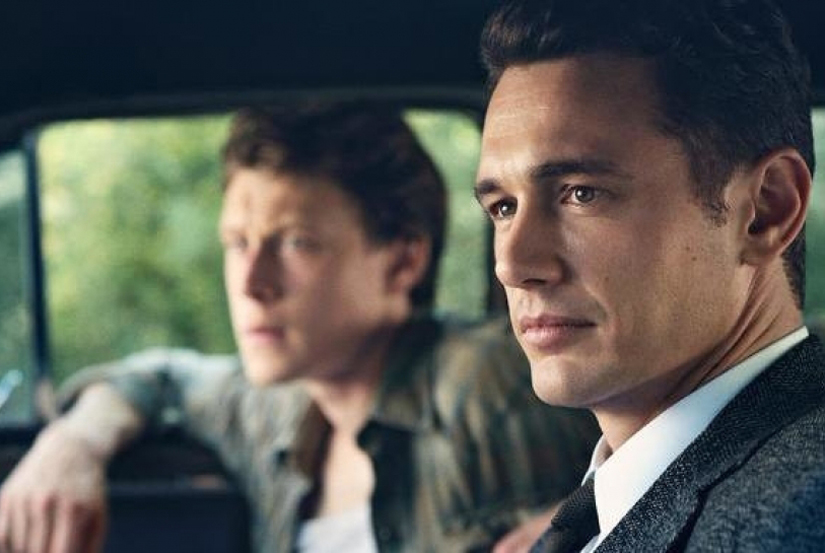
- Festivals
Sundance Diary , Day 2: 11.22.1963
Part of the “widening palette” promised on opening day by Keri Putnam, Executive Director of the Sundance Institute, is “episodic fiction”. That’s the genre formerly known as TV series to you and me and one that, in this “golden age” of premium cable and subscription streaming, is arguably the most vital area of storytelling. As such it is ever more present in film festivals from Toronto to Venice and Berlin (and even recently in that inner film sanctum known as Cannes).
As is often the case, Sundance has been at the forefront of this evolution especially since it also produces series for its own cable channel. Thus for the last couple of editions, the Sundance Channel headquarters at the top of Main Street have been a hotbed of serial fiction. It started with Jane Campion’s Golden Globe–nominated Top of the Lake (for which Elisabeth Moss won a Globe) which was shown in its entirety here. The Road followed and last year the Duplass brothers showcased both their millennial HBO dramedy Togetherness and the animated Sundance Channel series Animals, which they produced.
This year the trend continues and the first encounter has been the numerically titled 11.22.1963, which adapts Stephen King’s time travelling novel to an eight-part miniseries for Hulu. The two-hour premiere episode, which had its press screening here, features James Franco as protagonist Jake Epping, a teacher at a Maine community college who is introduced to a time portal in a storage room of a diner owned by long-time friend Al Templeton (Chris Cooper).
The story, like King, dispenses with the technicalities of why the portal exists in a diner closet and gets down to the engrossing dramatic possibilities of the wormhole that always leads to the same day in 1960. The show’s conceit is a riff on the “killing Hitler” theorem of time travel, which has become a social media-fueled meme. King dares to run with the idea, applying the concept of “fixing the past” to one of America’s most painful historical events and its most second-guessed unsolved mystery – the assassination of John F. Kennedy.
Here, the obsession with Kennedy conspiracies becomes the engine for the fascinating thought experiment, which drives the narrative as Al asks Jake to take over for him in the time travelling quest to stop the presidential assassination in Dallas. First, however, he will have to ascertain if Oswald did indeed act alone which in turn sets up a thrilling kind of “precog procedural”.
The possibilities are as endless as King’s imagination is rich and the tension of “who-will-do-it” blends with the humor of cultural incongruities facing a modern- day time traveler into the early sixties and his inevitable temporal improprieties. Franco holds the lead as the story ultimately centers on a man finding a sense of purpose in an empty life while trying to solve one of his country’s biggest traumas. From what transpires from the pilot, directed by Kevin MacDonald (he also has the documentary The Art of Cai-Guo Quiang at this year’s festival) this is another series we will have to watch till the end (and for once we’re happy we haven’t read the book).

